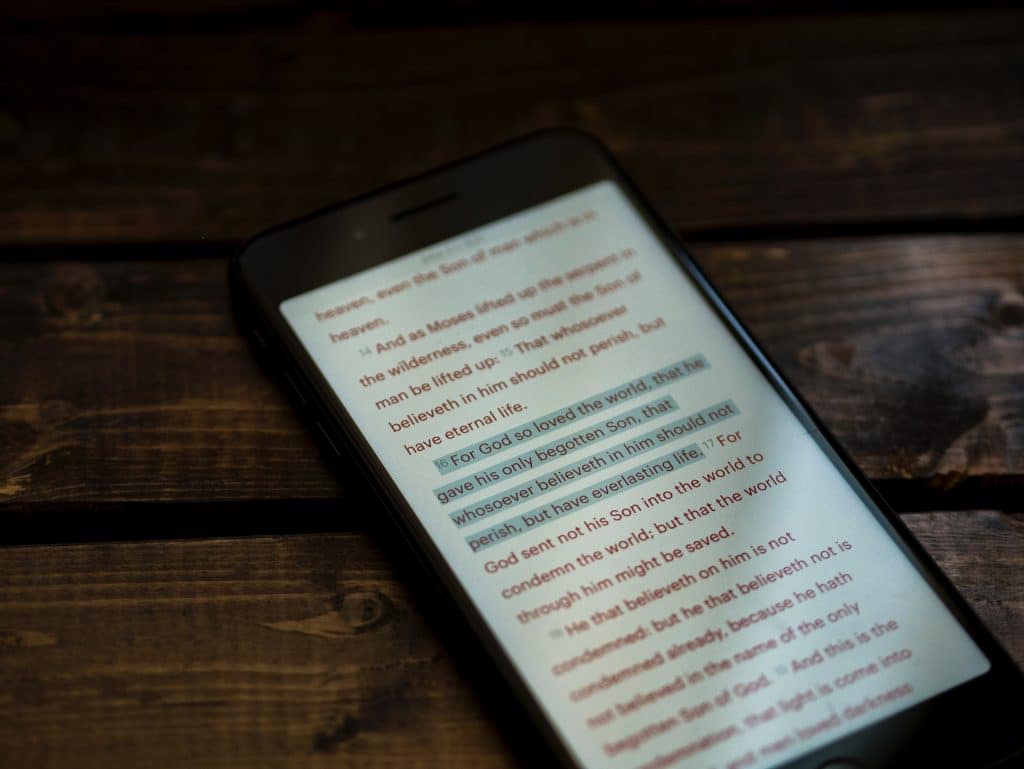
Bible journaling could be the tool that takes your devotional time to the next level, opening the way to go deeper and have better communication with God. This post will lay out the benefits of journaling, how you can get started, the different types of biblical journals, and what to do when you are stuck.
Let's start with the benefits of journaling. In its most basic form, bible journaling is simply taking what you read and making notes. It can help keep track of your prayer life, retain scripture, and record what God is doing in you. Many studies have found that students who take notes from textbooks remember and understand more than those who don’t; the same is true for keeping a journal during your devotional time.

Taking time to think about and record what God is talking to you about can cause you to slow down and engage better with scripture. In other words, to go deeper. Another benefit is it keeps a record of how you are feeling, what's going on in your life and what God is talking to you about.
While there are no rules since journaling is as individual as someone’s handwriting, try starting by reading a passage of scripture. Whether you are working your way through the bible, opening to a random page, using a devotional, or an app like Glorify, take a moment to reflect and ask yourself a few questions.

What is God trying to say here? How does it relate to my life? How is God talking to me? When it comes to putting pen to paper or characters on the screen, here are a few different ways you can do it.
This one is pretty self-explanatory and probably the most common. Choose a scripture from your devotional time that jumps out to you. You know, the one you read and think, who's been spying on me? Write it out and meditate on it. Think about what each word means, what God is trying to say and what you can do about it. Next, let the Holy Spirit talk to you and record what He says. Some days you might draw a blank. In that case, write a scripture out and leave it at that. It will be a wonderful reminder of what God was speaking to you about when you look back at it.
This is the closest to a Dear Diary, but instead, it's Dear God. Precisely as the name gives away, write it as if you are writing a letter to a close family member or friend. In this case, you don’t have to hold anything back. Include all the ugly bits, like you would in a diary. Write about your anger with that problematic colleague or your struggling marriage. Journal about your pain, your secrets, and your fears. Write about the ways God turns up and how He’s worked in your life. Think of it as a written prayer. Often, looking back, you’ll see how God moved in your situation and how faithful He’s been.
A few years ago, the adult coloring craze was everywhere. Praised for its ability to calm an anxious mind and release creativity, there’s no wonder it became so popular. Bible journaling is similar. Except, instead of coloring inside a picture, it involves choosing a few words or lines from scripture and letting the creativity flow. This can be through decorating a bible with colorful images and decorative writing or even writing notes in the margins. It doesn’t have to be in an actual physical bible; it can just as easily be a journal. For some people, bible journaling lifts scripture off the page and makes it more relatable. Focusing on creatively responding to scripture helps the words soak in. After all, God is the master creator.
Gratitude journaling helps focus on God’s blessing rather than your lack. Start with writing three things you are grateful for each day; sometimes, the evening is easier than the morning as a full day has passed. Take time to thank God for each one. [caption id="attachment_1479" align="alignleft" width="1024"]

Photo by Aaron Burden[/caption] Any of these journals can be done on paper or even digitally. Glorify has a section of the app that makes journaling easy. Save scriptures or quotes that jump out at you and use the notes section to write about them using the ideas above. Help! The words aren't coming. What do you do when you get stuck? We’ve all been there. Unsure where to start, hitting a mental block, uninspired.
In the creative world, there’s a system called Morning Pages, coined by Julia Cameron, designed for creative recovery and to get things flowing. It’s easy to take this concept and apply it to Christian journaling. Start by opening a fresh page in your journal, or even better, use loose sheets, as you might want to throw them away, take a moment to breathe, and then write. Here’s the catch. Don’t stop to think about what you are writing; just write whatever comes out. This is not a letter to the President. Who cares if there are spelling mistakes or if none of it makes sense. It could all be gibberish! Don’t let your over-analyzing conscious brain get in the way of your soul. No one is going to see these pages. You don’t even have to read them. Let out your worries, concerns, jealousies, joys, and happiness, All those things that are niggling at the back of your mind. If writing out the same word over and over again helps, then do that and commit to three pages a day. At first, it might feel awkward, but over time it will feel natural. Don’t get stuck on the details. A journal should be unique to each person. Some will be filled with drawings and colorful ink, while others might have perfect, neat handwriting lining every page, and some will be digital. The important thing is communication with God and His word.
Download Glorify Today